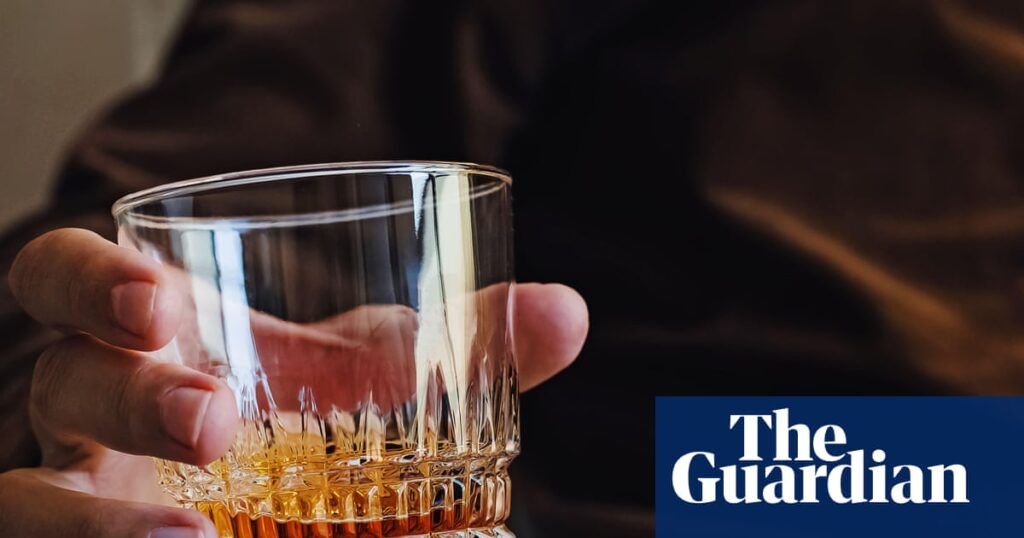One in four people in the UK fear that a partner, relative or friend drinks too much, while one in six worry that a loved one is taking too many drugs.
The findings, from a representative survey of 2,000 adults, appear to underline what some experts say is a growing “epidemic” of addiction to alcohol or drugs such as cocaine and cannabis.
Official figures show that the NHS in England is treating more than 310,000 people a year for drug or alcohol problems – the highest figure since 2009-10. Alcohol-related deaths are at an all-time high.
“The epidemic of alcohol and drug use is getting worse. The government says we’re drinking less, but I don’t see that,” said Dr Niall Campbell, a psychiatrist specialising in addiction at the Priory group of clinics which commissioned the survey from Censuswide. The group has seen a 40% rise since 2019 in the number of people seeking help for addiction, including more women than men.
The survey found:
-
10% worry that they drink too much and 5% that they use drugs too often.
-
26% worry that a partner, family member or friend drinks too much.
-
16% are concerned about a loved one’s use of illegal drugs.
-
Families that earn more than £50,000 a year are three times more likely to contain someone with an addiction problem.
Dr Richard Piper, the chief executive of Alcohol Change UK, said: “Sadly these findings are not a surprise and mirror our own studies on the widespread nature of alcohol harm across the drinking spectrum.
“It also offers a stark reminder of the ripple effect of alcohol harm beyond individuals on those around them. With more than 10 million people in the UK exceeding the ‘low risk’ guidelines of 14 units a week – and these stats highlighting that over a quarter of us are worried about a loved one’s relationship with alcohol – it’s fair to estimate there are millions out there struggling with a family member or friend’s drinking, many of which will sit outside the realm of addiction.”
In addition, one in seven respondents (15%) said addiction had affected multiple generations of their family. Campbell suggested that genetics might help to explain that, and some people may be copying the behaviour of one or both of their parents.
The Priory, which treats private and NHS-funded patients at its UK clinics, is launching a campaign called Break the Chain to highlight how common intergenerational addiction is.
A Department of Health and Social Care spokesperson said it was rebuilding NHS drug and alcohol treatment services in England after years of neglect. “This government inherited a situation where patients had been let down by years of under-investment into addiction services,” they said.
“We have provided an additional £310m in 2025-26 to improve drug and alcohol treatment services and recovery support in England, on top of the public health grant. Our plan for change will shift healthcare towards prevention, including through early intervention, to support people to live longer, healthier lives across the UK.”

